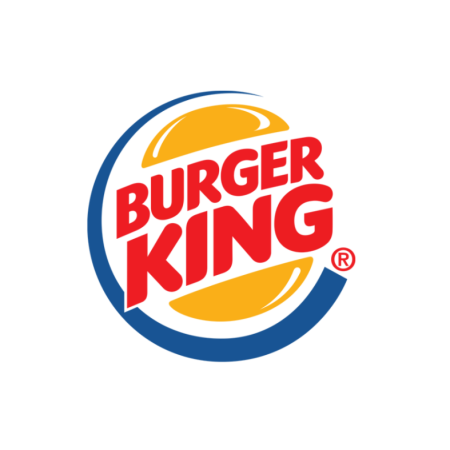Introduction
In the South African business’s competitive landscape, owning a franchise can be lucrative. However, standing out among the crowd is crucial for success. This article will explore strategies that make a franchise distinct in the South African market, accompanied by examples. As a potential franchisee, it’s good to assess competitiveness when you want to buy a franchise.
1. Cultural Localisation
One of the keys to success in South Africa is understanding and embracing the diverse cultures that shape the nation. A franchise should cater to local tastes, preferences, and traditions. A prime example is the international fast-food giant McDonald’s, which successfully localised its menu by introducing the “McBunny Chow” in Durban, a twist on traditional South African street food. Nando’s has excelled in this aspect. The brand often incorporates South African humour and social commentary in its advertising campaigns, personally connecting with the local audience.
2. Community Engagement
Building strong ties with the local community can set a franchise apart. Sponsoring local events, supporting charities, or participating in community development projects can create a positive image. Ask the franchisor whether they encourage community engagement and how their franchisees achieve this.
3. Innovative Marketing
A franchise should employ innovative marketing strategies to capture the attention of its target audience. Steers, a popular South African fast-food franchise, introduced the “Wacky Wednesday” promotion, offering discounts on their burgers every Wednesday. This creative marketing approach increased sales and became one of the pillars of the Steers offering. Another example is Roman’s Pizza, with its 2-for-1 pizza special that helped the brand to build market share.
4. Unique Product Offerings
Consider how the franchise is differentiated through unique and exclusive products. Debonairs Pizza, for instance, stood out by launching the “Triple-Decker” pizza, a one-of-a-kind offering that gained immense popularity. A brand remains fresh and enticing by consistently innovating and offering something new to customers.
5. Technology Integration
Franchises should embrace technological advancements to enhance the customer experience. KFC in South Africa implemented self-service kiosks to streamline ordering and introduced mobile apps for convenient home deliveries. Leveraging technology improves operational efficiency and positions a franchise as modern and customer-focused.
6. Training and Development
Investing in training for staff is a critical element of franchise success. The RocoMamas franchise, known for its gourmet burgers, strongly emphasises staff training. The friendly and knowledgeable service contributes significantly to the overall customer experience, making RocoMamas a preferred choice for many South Africans.
7. Environmental and Social Responsibility
A franchise must demonstrate a commitment to environmental and social responsibility. The Kauai franchise incentivises customers to reduce plastic use by making the lids of smoothies optional or, better yet, by allowing them to buy their own reusable containers in-store.
Conclusion
In the diverse and dynamic market of South Africa, making a franchise stand out requires a thoughtful blend of cultural understanding, community engagement, innovation, and a commitment to excellence. It takes time to build a brand, and not all franchises are overnight successes. Investigating whether a franchise can differentiate itself with uniqueness, innovation, and strong customer orientation can give potential franchisees a sense of the possible success of the brand.










